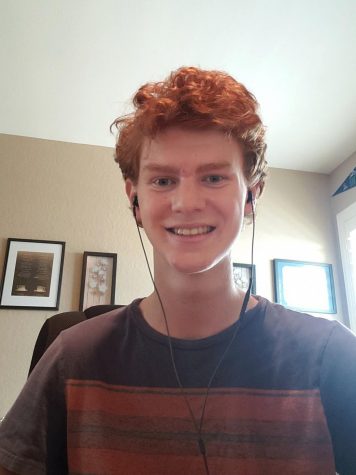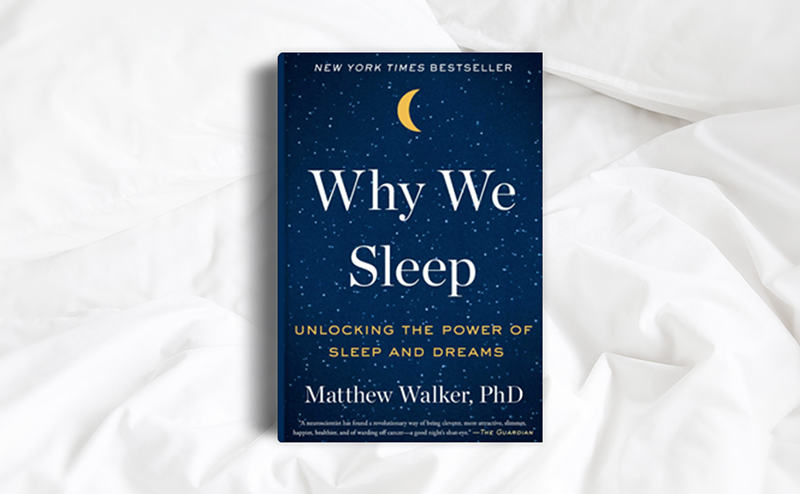Why We Sleep (2017): Book Review
The non-fiction science book, Why We Sleep, by neurologist Matthew Walker, condenses over two decades worth of sleep research into an informative 368 pages that are especially important for today’s sleep-deprived students.
As the director of UC Berkeley’s Center for Human Sleep Science, Walker has no shortage of studies and discoveries regarding the effects of sleep in numerous areas of human life. This critically acclaimed and New York Times best selling book offers not only explanations to human sleep patterns but also ways to help correct one’s own sleep problems.
The book begins with a chapter explaining its structure and offering an overall answer to the question of why sleep is so important. Walker sets up the book by asking the audience why humans would not have evolved past sleep when it leaves us unconscious, vulnerable, and takes up an entire third of our lives. He tells the readers that he has the answers in the book and lists many of the topics and studies he is going to cover.
I found this introduction to be a great way to engage his audience into reading every chapter of the book. The way the book is set up, each chapter can be read in any order without missing too much context. However, by presenting the readers with a metric that insinuates the great importance of sleep, they now may be more inclined to delve deeper into the book and this consequential part of their lives.
The chapters then go on to explain sleep in four parts including “Sleep,” “Why You Should Sleep,” “How and Why we Dream,” and “From Sleeping Pills to Society Transformed.” The book offers a little something for everybody, with some parts describing the history of humans and how they relate to elements of human sleep and other parts describing studies that Walker himself conducted with graphics to help visual learners.
I especially took interest in the “Benefits of Sleep for the Brain” chapter, which included some of my favorite studies on test performance and physical performance in correlation to hours slept.
The stats of NBA player, Andre Iguodala, were recorded on nights where he slept more than eight hours versus less than eight hours. His performance increase on days with over eight hours of sleep should have had incredible results, which became less of a surprise after reading the prior 129 pages of the book.
Busy schedules and heavy work loads are more than common for students and employees alike, and sometimes cutting out sleep seems like the only way to make time; however, Why We Sleep provides well-researched information and studies that offer readers new perspectives and could even add years to their life.

Hi, I'm Lucas, and I'm a senior at Cam High. I've always enjoyed writing, so I decided to take that to The Stinger this year.

















































































![Senior Ditch Day... Relaxation or Truancy? [Video]](https://achsstinger.com/wp-content/uploads/2017/10/IMG_7119-900x599.jpg)
![Heavy Rain Hits Cam High [video]](https://achsstinger.com/wp-content/uploads/2017/02/maxresdefault-900x506.jpg)



